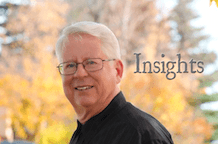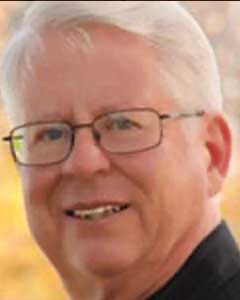 We have spent the last three weeks visiting family in Oman, a busy, modern sultanate located on a peninsula, with Saudi Arabia to the west and the Gulf of Oman and Iran to the north. During this time, I have reflected on images that might help me describe my experience here.
We have spent the last three weeks visiting family in Oman, a busy, modern sultanate located on a peninsula, with Saudi Arabia to the west and the Gulf of Oman and Iran to the north. During this time, I have reflected on images that might help me describe my experience here.
I have observed how Oman, with a rich Islamic heritage and an embracing society, is learning how to combine its proud heritage and identity with a highly educated and globally inclusive workforce.
Helping Oman achieve some remarkable social and economic goals over the past 50 years is its beloved, Western-educated sultan, Qaboos bin Said, who seems to be the best kind of benevolent dictator.
Oman offers a unique opportunity to engage the Arab world, without the distortion of opulence in neighbouring countries like Dubai. The nation’s ability to integrate traditional Bedouin desert values with some of the best of global culture is remarkable. This can be discovered through visits to local souqs-traditional Arabic marketplaces similar to bazaars-where goats, fish, produce, spices and souvenirs are featured. At the same time, Muscat’s Avenues Mall, the largest mall in Oman, is a shopping complex not inferior to any found in Canada.
The first thing I noticed about Oman was the warmth and authenticity of its people. Decorum between persons, especially between the sexes, is respected, but that does not prevent high-level, authentic, interpersonal exchange that seems so sadly lacking in the West, and our Trump-infected times.
Omanis go out of their way to take you to a required destination, as happened when we asked-at a gas station near Nizwa-for directions to some local camel races. Ordinary people provide an interesting study in human behaviour. When a casual group of five young women, a few with children, piled into one car after an outing, they were a picture of maturity in the way they treated one other.
All religions are allowed to practise in Oman. Adherents must refrain from proselytizing, however. We happened to live near a Christian cemetery and admired the way it was respectfully maintained. Christian groups from many parts of the world worship freely here, though they must avoid attempting to make converts.
Islam is the dominant faith in Oman. Mosques and minarets (call-to-prayer towers) are to be found wherever people live and gather. The attitude toward non-Muslims is exemplary. That might be summed up in a statement from Naima Ali, whom we met at the state-of-the-art Grand Mosque of Muscat, built less than 20 years ago by Sultan Qaboos:
“I am so glad to receive your mail. I remember the beautiful time spent with your lovely family. Hope they are all well. God bless them. In future, it is my utmost pleasure to be able to receive your emails and answer your questions. Please feel free anytime to contact me. Give my love to your family and keep in touch.”





